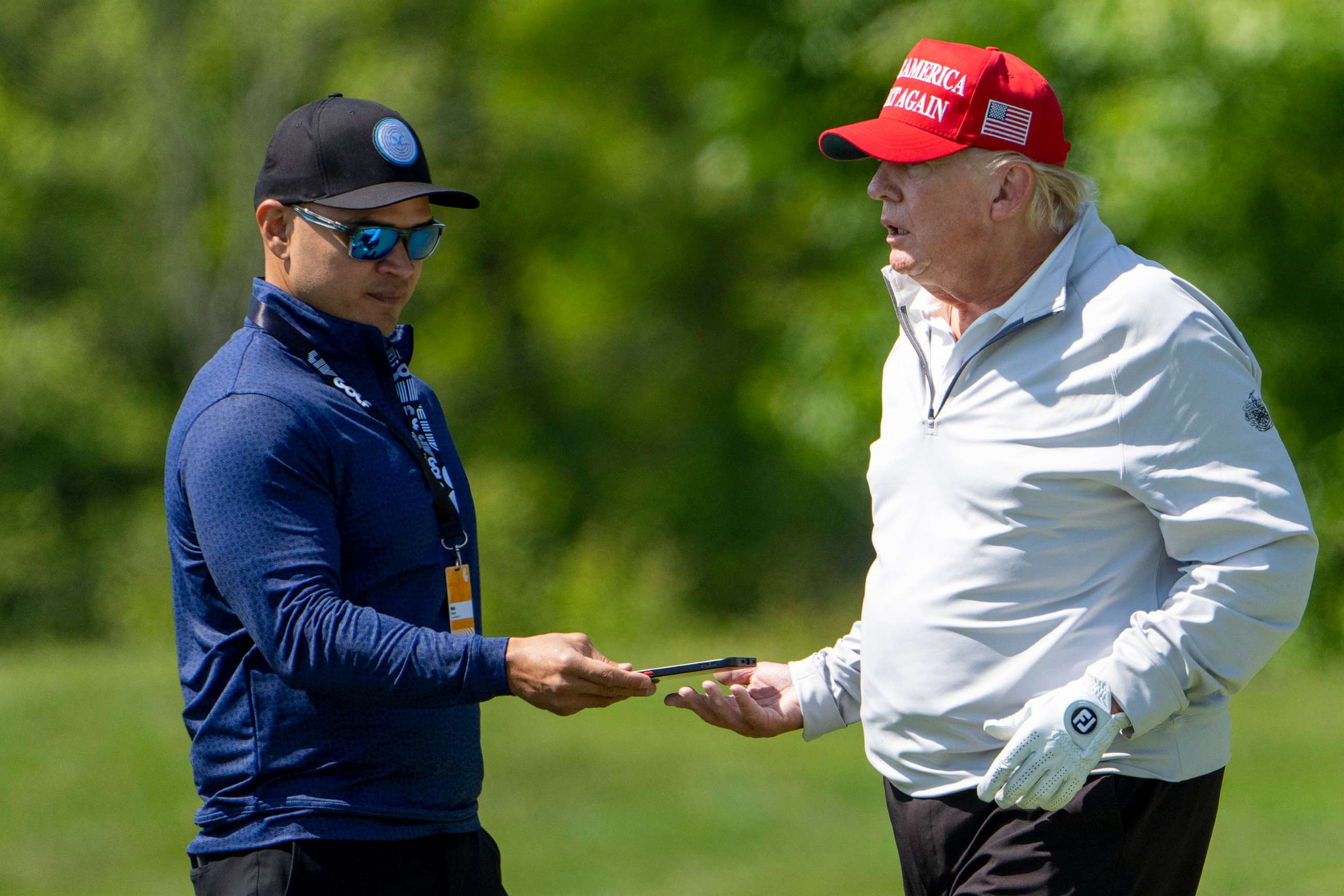Special counsel asks judge to keep Trump from disclosing evidence in classified documents case
The motion said it includes "information pertaining to ongoing investigations."
Special counsel Jack Smith on Friday asked the judge overseeing former President Donald Trump's classified documents case to impose a protective order over the evidence in the case.
The protective order is meant to ensure that neither Trump nor codefendant Walt Nauta, his presidential valet, disclose sensitive information obtained during the discovery process, where prosecutors will show the defense what evidence it has amassed during their investigation.
Trump was charged on Tuesday with 37 criminal counts related to his handling of classified materials, after prosecutors said he repeatedly refused to return hundreds of documents containing classified information ranging from U.S. nuclear secrets to the nation's defense capabilities.
The special counsel's motion said the materials include "sensitive and confidential information," including personal identifiable information, information that reveals investigative techniques, non-public information relating to potential witnesses, and personal information contained on electronic devices and accounts.
Notably, the special counsel also said the materials include "information pertaining to ongoing investigations, the disclosure of which could compromise those investigations and identify uncharged individuals."

The filing said the special counsel had spoken with attorneys for Trump and Nauta, who had no objection to the imposition of a protective order.
Judge Aileen Cannon referred the motion to a federal magistrate assigned to the case, Bruce Reinhart, for consideration.
The proposed language of the protective order, which is largely standard, says that evidence turned over to Trump and Nauta is to be used "solely in connection with the defense of this case, and for no other purpose, and in connection with no other proceeding, without further order of this Court."
The proposed order would also prevent the defendants from disclosing any of the evidence to the public. A similar order was sought and issued last month in New York City, where prosecutors said they were concerned that Trump would post to social media evidence in a separate case involving a hush payment made to adult film star Stormy Daniels.
Trump has denied all wrongdoing in both cases.




